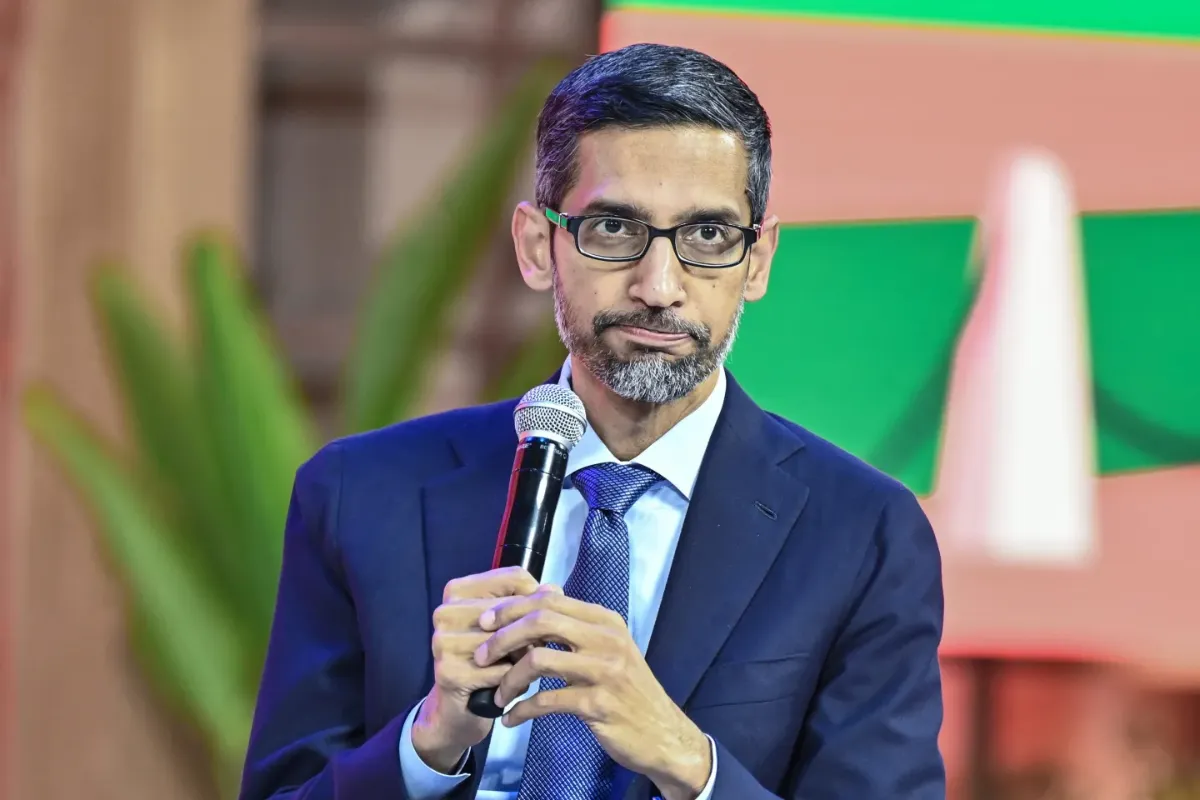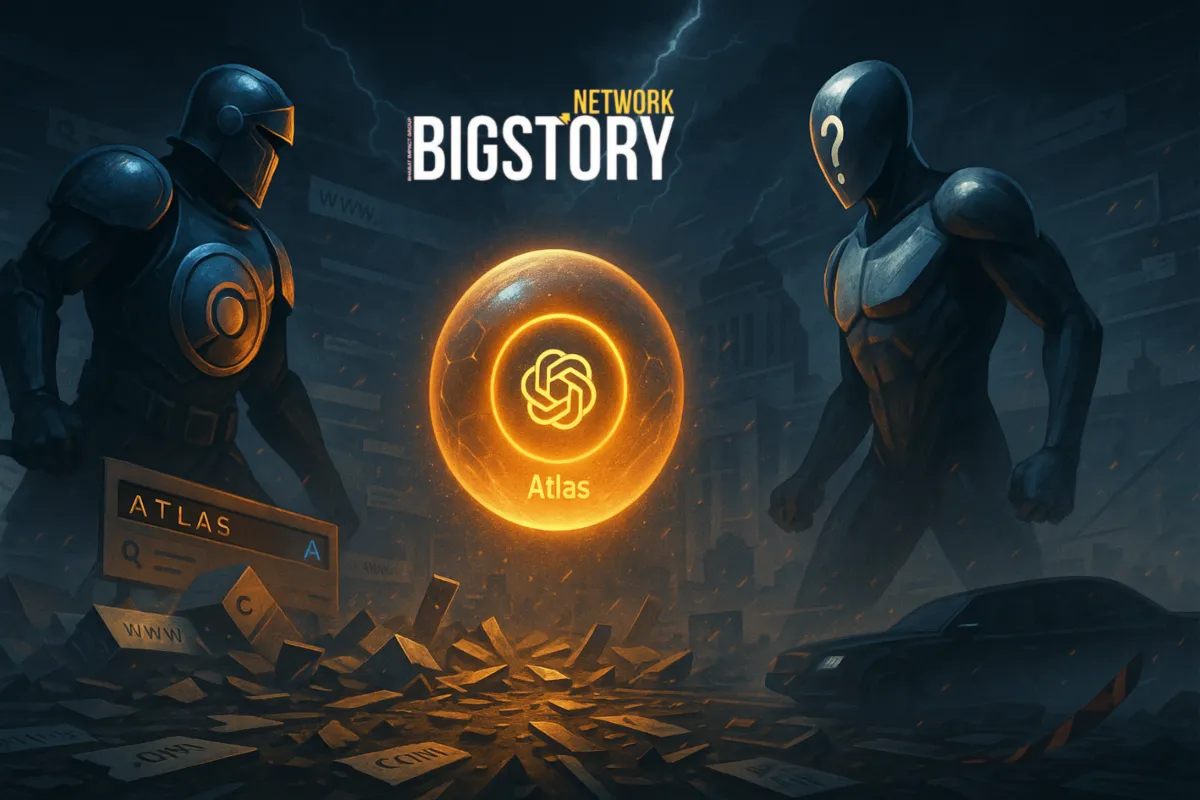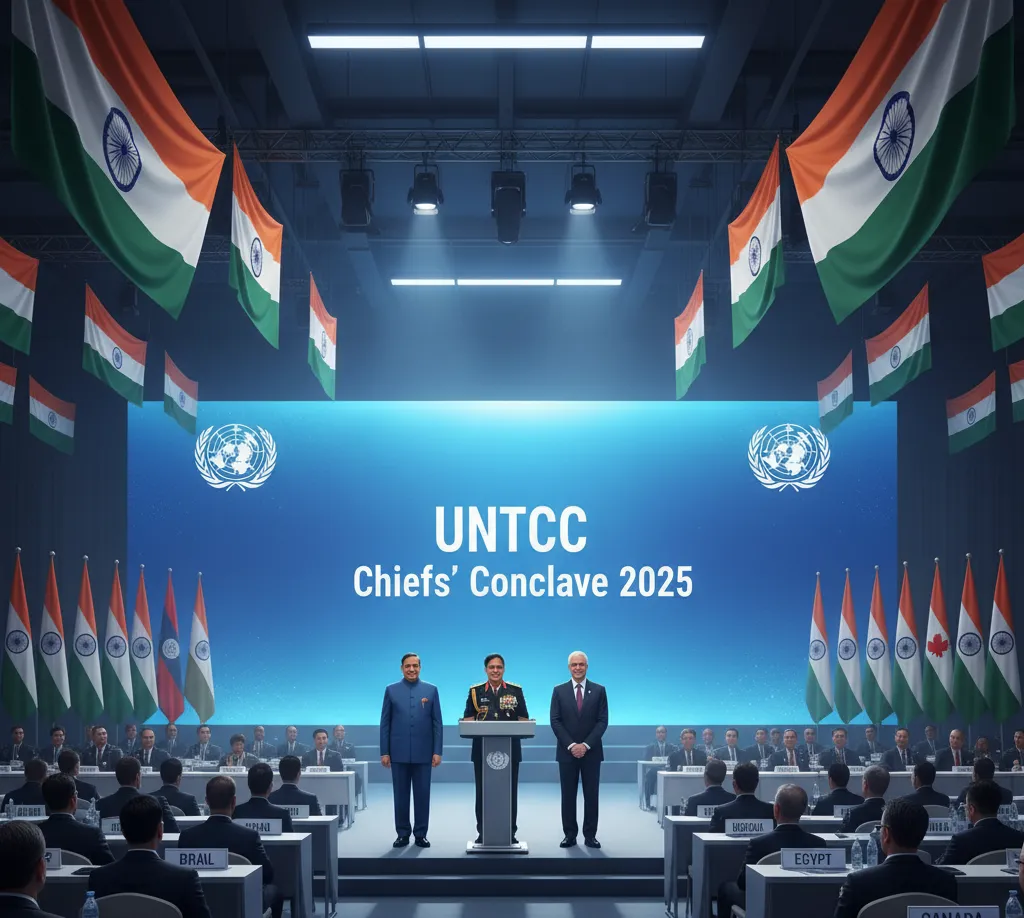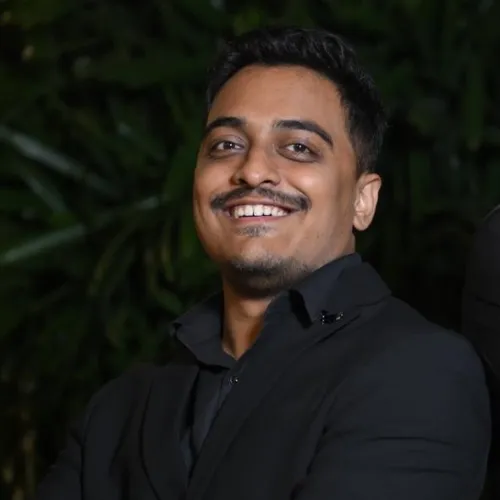In a significant strategy shift that acknowledges the double-edged sword of artificial intelligence, Google CEO Sundar Pichai has announced that the company is reintroducing in-person interviews as a core part of its hiring process. The move is a direct response to the growing trend of job candidates using sophisticated AI tools to cheat during virtual interviews, a problem that is forcing a fundamental rethink of how companies assess talent in the AI era. Pichai's decision highlights a broader industry-wide challenge: how to maintain the integrity of recruitment when the very technology companies are building can be used to deceive them.
The problem has become so prevalent that it can no longer be ignored. A recent survey revealed that 40% of job seekers are using AI to write or refine their resumes, and a startling 28% admit to using AI to generate answers during interviews. In the U.S. alone, 20% of employees are reportedly using AI during job interviews, with a majority viewing it as the "new norm". This has led to the emergence of tools like "Interview Coder," an AI assistant specifically designed to help candidates ace technical interviews in real-time.
Pichai addressed the issue head-on, stating, "We'll introduce at least one round of in-person interviews for people just to make sure the fundamentals are there". He emphasized that this hybrid approach, with "some fraction of the interviews being in person," will be crucial for Google to screen candidates effectively and understand their true capabilities beyond what an AI can fabricate.
More Than Just Cheating: The Rise of Deepfake Candidates
The challenge goes beyond candidates receiving real-time assistance. A more sinister threat has emerged in the form of AI-generated "deepfake" personas, where fraudsters use altered appearances and voices to fool hiring managers and infiltrate organizations. One security expert recounted a recent technical interview where the candidate was not only using ChatGPT for answers but was also using AI to alter his appearance. This rise of "fake candidates" has led to warnings that companies must adapt their hiring processes now or risk learning the hard way.
Pichai's call for a return to in-person interaction is not just about catching cheaters; it's also about fostering a better cultural fit. "I think it'll help both the candidates understand Google's culture and I think it's good for both sides," he said, suggesting that face-to-face meetings provide a more holistic view of a candidate that algorithms can't capture.
A Broader Shift in Google's AI-Driven Culture
This change in hiring philosophy is part of a larger internal transformation at Google, as the company orients itself to be an "AI-first" organization. Pichai has made it clear that 2025 is a pivotal year, urging employees to embrace AI not just as a product they build, but as a tool to enhance their own productivity and "accomplish more". He has encouraged employees to turn to AI tools for assistance before their human teammates, embedding AI into the very fabric of daily work.
This drive for efficiency and AI integration has led to strategic layoffs in some areas, but Pichai has also pushed back against fears of mass job cuts. He views AI as an "accelerator" that makes engineers "dramatically more productive," creating demand for more skilled workers rather than replacing them. He has pledged that Google will continue to grow its engineering base into 2026, even as it doubles down on automation.
The Road Ahead: Balancing Innovation and Integrity
Google's decision to bring back in-person interviews reflects a critical juncture for the tech industry. As companies race to build more powerful AI models like Gemini, they must also grapple with the ethical and practical challenges these technologies create. The very tools designed to drive progress can also be used to undermine the systems of trust and merit that are essential for building strong teams.
The move signals that while AI can augment many aspects of work, it cannot yet replace the nuanced, intuitive assessment that comes from human interaction. As Sundar Pichai leads Google deeper into the AI era, his new hiring strategy is a clear acknowledgment that sometimes, the best way to understand a person's potential is to simply meet them face-to-face. The future of hiring, it seems, will be a careful blend of cutting-edge technology and timeless human connection.







Leave a Reply